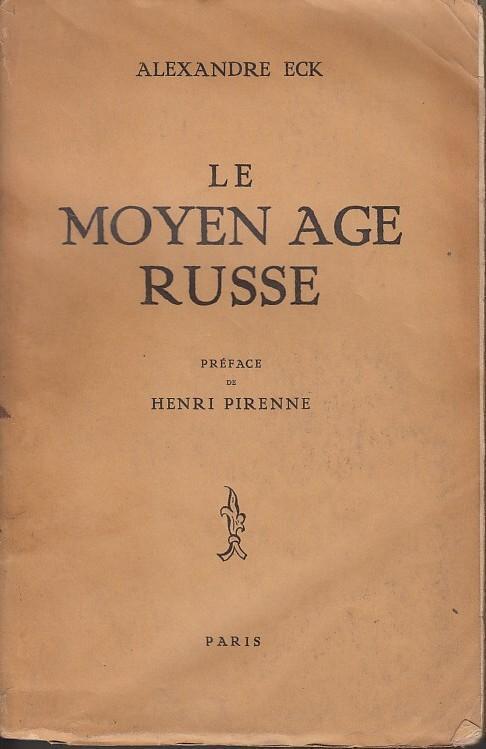

More importantly production continued at virtually the same rates not appreciably lessening the wealth of the empire. He contends that while the Roman owners were often replaced by German owners the system of agriculture and land management remained unchanged. To bolster this thesis Pirenne investigates land ownership and administration systems. He argues that in the Merovingian period (500-751) and the years from the success of the Germanic invasion until Charlemagne that the empire survived in an uneasy union of the original peoples and the invaders and that only very gradually was there any noticeable decline in economy.


He certainly allows some changes including a degree of self-governance and economic independence. The key to the thesis is not that the Germanic tribes were fully absorbed, but that there was no essential change in the structure and culture of the empire, nor any significant decline of economy. He next details several features of life in the European sector of the empire after the invasions to further support the general thesis. He argues that fundamentally the Germanic peoples had little desire to destroy the empire, but much preferred to just have a share of the benefits. He shows how within a relatively short period of time Germanic peoples were co-opted into Roman culture, intermarried and that the Latin language(s) remained dominant. Pirenne is at pains to show that while there were important military victories scored by the Germanic tribes, there was little lasting shift in the fundamental culture of Rome. The first section investigates the question of western civilization after the Germanic invasions. Pirenne’s major thesis is that it was the advance of Islam rather than the Germanic invasions that caused the break with antiquity and the consequent decline of Western civilization in the Middle Ages.” “This last work of the great Belgian scholar Henri Pirenne offered a new and revolutionary interpretation of the evolution of Europe from the time of Constantine to that of Charlemagne. In this more mature work Pirenne takes a broader historical claim, arguing that, as the editor claims: There his fundamental thesis concerned the Medieval world and centered around his contention that the control of water ways, the rivers and the Mediterranean Sea, shaped the nature of the cities. New York: Barnes and Noble, 1956 from 1935 original.įive years ago I read Henri Pirenne’s earlier book MEDIEVAL CITIES and found it just fascinating. Translated from the French by Bernard Miall. Pirenne, Henri – MOHAMMED AND CHARLEMAGNE MOHAMMED AND CHARLEMAGNE By Henri Pirenne.


 0 kommentar(er)
0 kommentar(er)
